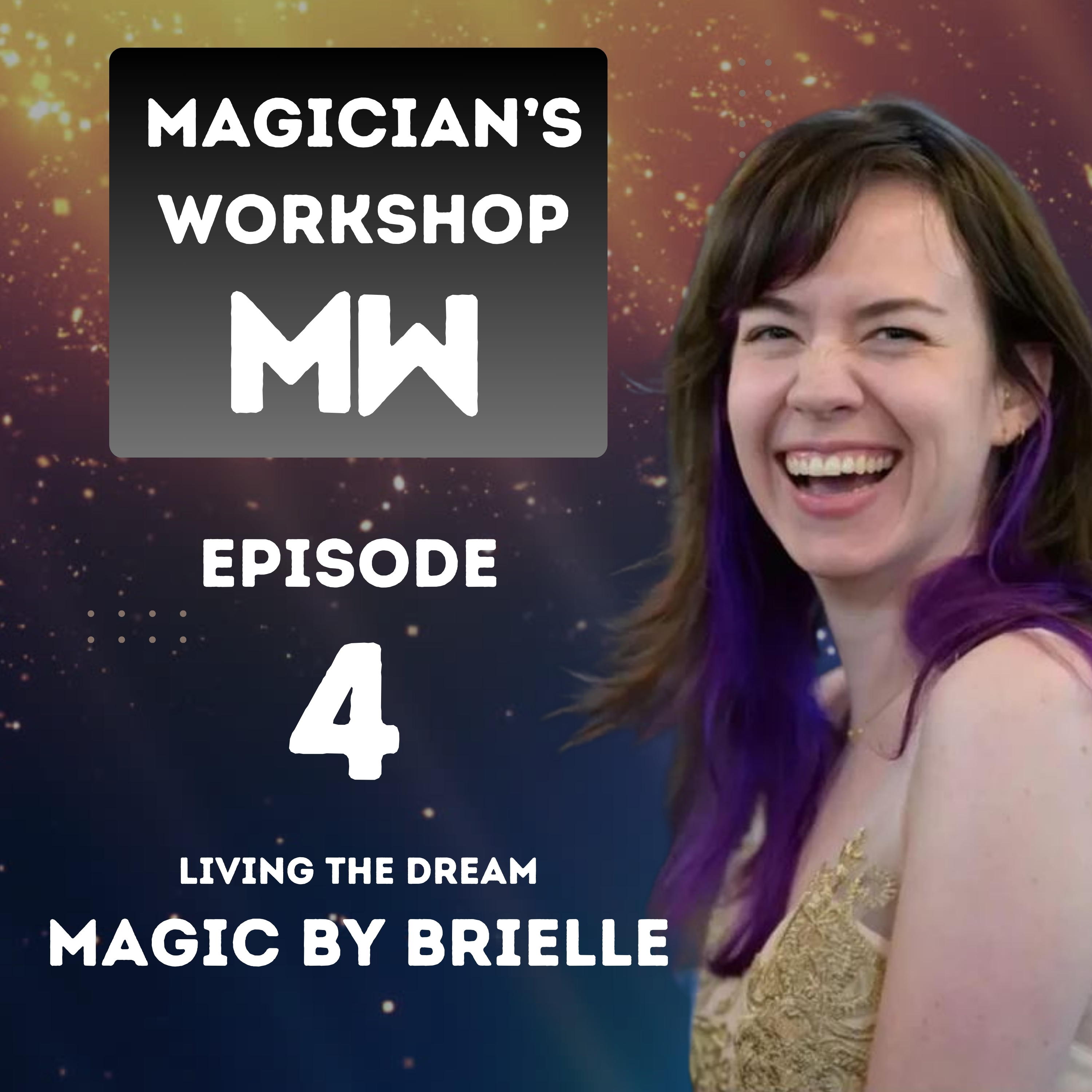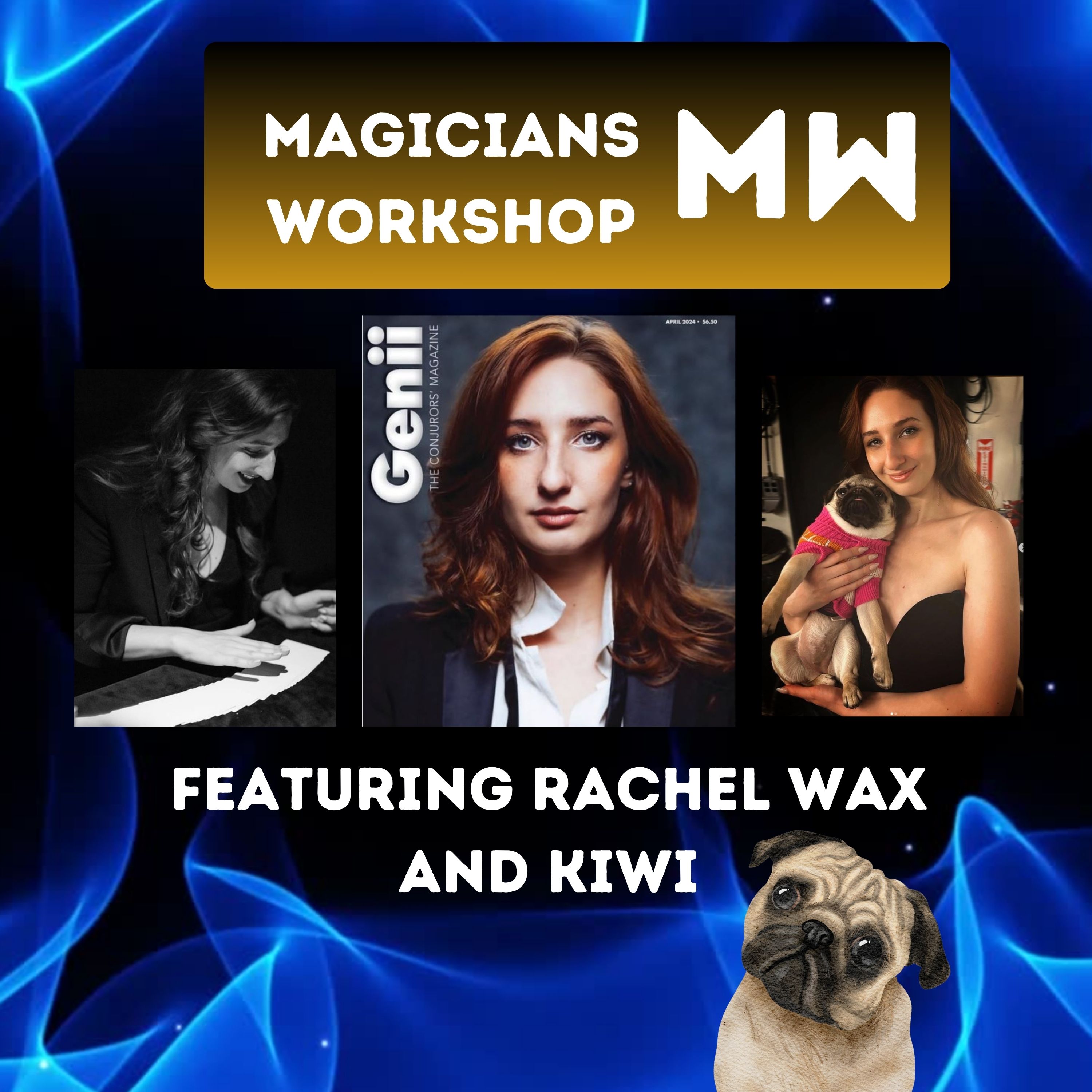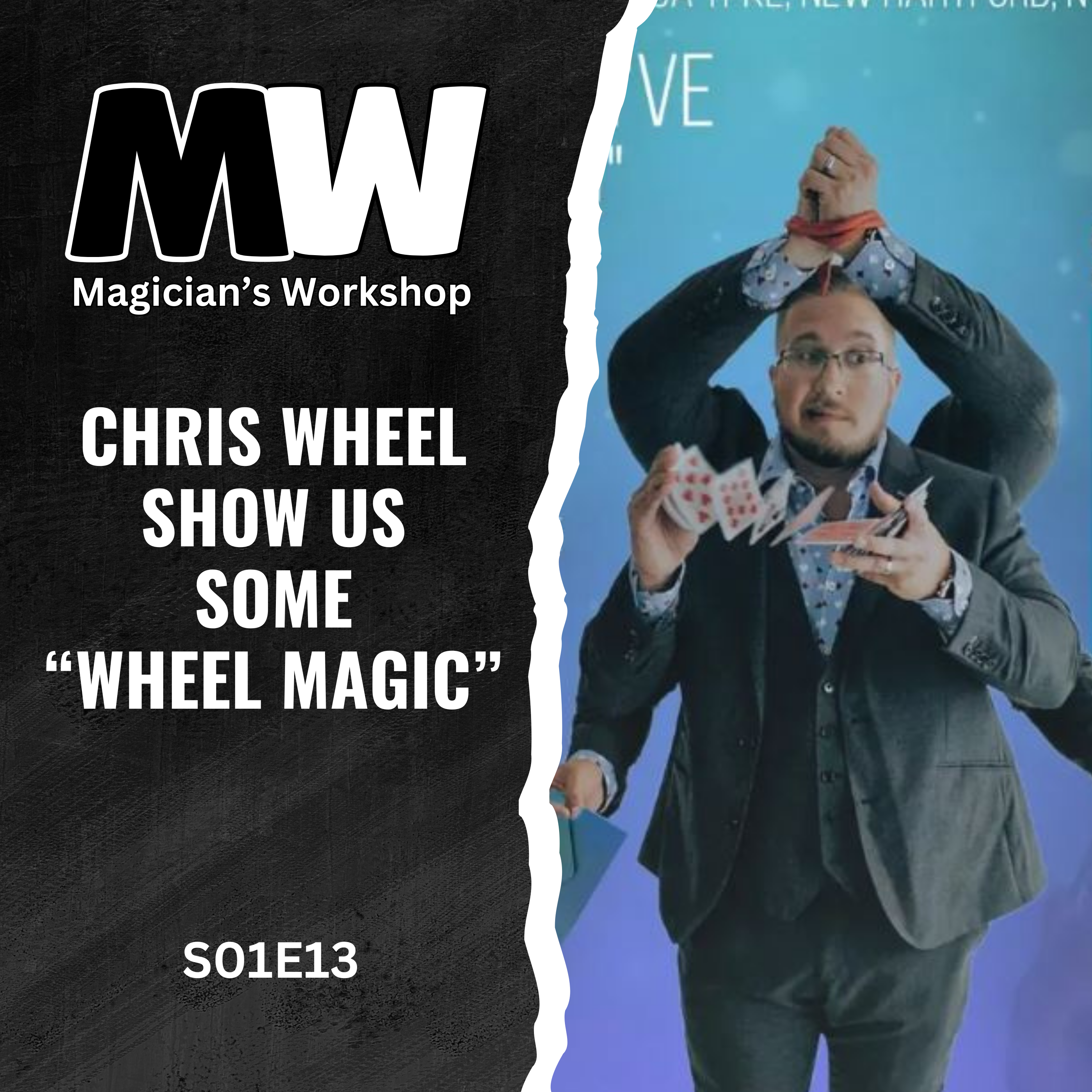Episode Transcript
[00:00:00] Speaker A: I wanted to talk one thing about your penguin live thing, because I thought something that was really, really cool was the Nick the Duck routine.
[00:00:12] Speaker B: Nick the Duck.
It's Nick the Duck. Nick and I met right when he had gotten out of prison.
Nick has had a hard life, and I knew he'd recently gotten out of prison. And it wasn't the teardrop tattoo right there that told me that he'd been in prison recently. It was actually the anarchy symbol and the barbed wire tattoo on his win.
[00:00:36] Speaker C: Told you.
[00:00:36] Speaker B: It's a duck that can shoot fire when it's mine. I don't care who you are or where you're from, but when a wooden duck shoots fire with its mind, you give that duck whatever the hell it wants.
Oh, that's right.
[00:00:53] Speaker A: Yeah.
[00:00:54] Speaker B: You thought it was just some stupid children's toy. It can actually find cards.
Rahad, in a loud, clear voice, what was the card you selected? Nick the Duck.
[00:01:05] Speaker A: I kind of want to know, like, the. The thought process, how you took a. Basically a kid's magician item and turned it into something where you had the crowd literally chanting the name of a wooden duck, and it's catching things on fire. It's just. Where did that come up with.
[00:01:23] Speaker C: Part of it was.
I. You know, it. I got that on consignment in a magic shop here in Columbus. It was, like, 25 or something. And those. Those ducks are usually, like, 80 bucks. And so actually, I had called Lacapo. It was like, 10 in the morning, and I was like, hey, man, there's this duck here. I think I might be able to do something with it. What do you think? And his response was, did you wake me up at 10 in the morning to have me talk you out of buying a wooden duck? And I said, yeah. And he said, you buy it, and. And so that's why it's named after lacapo. Got it. But the. The routine evolved a lot over many years. You know, there was versions of it where the duck would, like, produce a card, and the card would say, like, look on your back. And then he would look on their back, and the signed card was in an envelope, like, attached to their back. But that never really worked. And then it was a lot of, like, play to get it where it is.
The thing that had that I sort of dawned on me is the store, the background, and the story behind the duck, or, like, the backstory that the duck has where it's, like, been to prison and it's got tattoos. That's what the audience likes. They don't care about the magic trick at all, but in order for the, in order for it to like. Because the other thing is the duck becomes adversarial with an individual. And so the, you. You have to like, create what it really is, is. It's a.
It's playing with status.
And so you have this like obviously low status item of this wooden duck and this high status individual as a person. And you're trying to flip the status, right? You want to make the duck higher status than them and make the duck intimidating, right? Because that's, that's kind of what is silly about it is first you have this duck and then you, you talk about how he's gone to prison and then you sort of prove that he's been to prison with the tattoos. And then you, you make a sort of like bold claim. So there's a. The routine is actually different now. In real life, I don't use the candle like I did in the thing. I actually use something that is I. A delayed pop of a balloon that is actually taught in a Dan Sperry Penguin live lecture where you give somebody a balloon and then it bursts a little while later because it's more reliable than the electronic candle and it's one less thing I got to carry around.
But then when you, when you sort of try to raise the status of the duck, it has to have something to intimidate the person.
And so it, it really is this game of how far can I push the duck? Bullying the person until we get sort of something to happen. So the audience kind of like becomes on the duck's side because they want to be with the high status thing. This is all sort of like based in like improv and sketch writing theory.
And so it took a long time to kind of figure out what that was. And then, you know, people like chanting stuff, so getting them to chant. And then you had to have a reason for them to chant. So the duck wants them to do it. And then you have to have the duck be able to do something threatening to make like to intimidate them into doing it. Because then it sort of gives the audience permission to be silly is because they're like, oh no, the duck will kill me if I don't. And so it's taken a while to get there and it evolved through play and experimentation, but it's always sort of been around, like, what? How can you create a backstory for the duck that is compelling for the audience? Because the trick is the same. It's the same trick that people do for children where they're like, you know, pick a card, lose it, put it in, the duck finds it. That's all that happens. It's the. It's this. It's the status play around it. That is what audiences like, oh, wow, that.
[00:05:05] Speaker A: Okay, that's. I love that. That you got out of a consignment. You made it, like something that you can't forget. Like, it's. That's a. That's a really neat moment in your show.
[00:05:14] Speaker C: I mean, people have come up to me after the show and, like, given the duck cigarettes and, like, offered the duck, like, you know, shall we say jazz cigarettes, as they used to call them. Not that I would partake, but asked if the duck wanted them. I mean, like, the duck. People, like, really like the duck. Once they chant the name of the duck, they're really. They really want it to be a real thing. People always ask for the duck to come back in the show. And it's just. It is. It is a memorable moment, but it's. It's really about the jokes and not about the trick and setting up this. This relationship for the audience to have with the duck.
[00:05:52] Speaker A: Thanks for joining us today. I'm Dr. Todd, and this was Magic Workshop.


